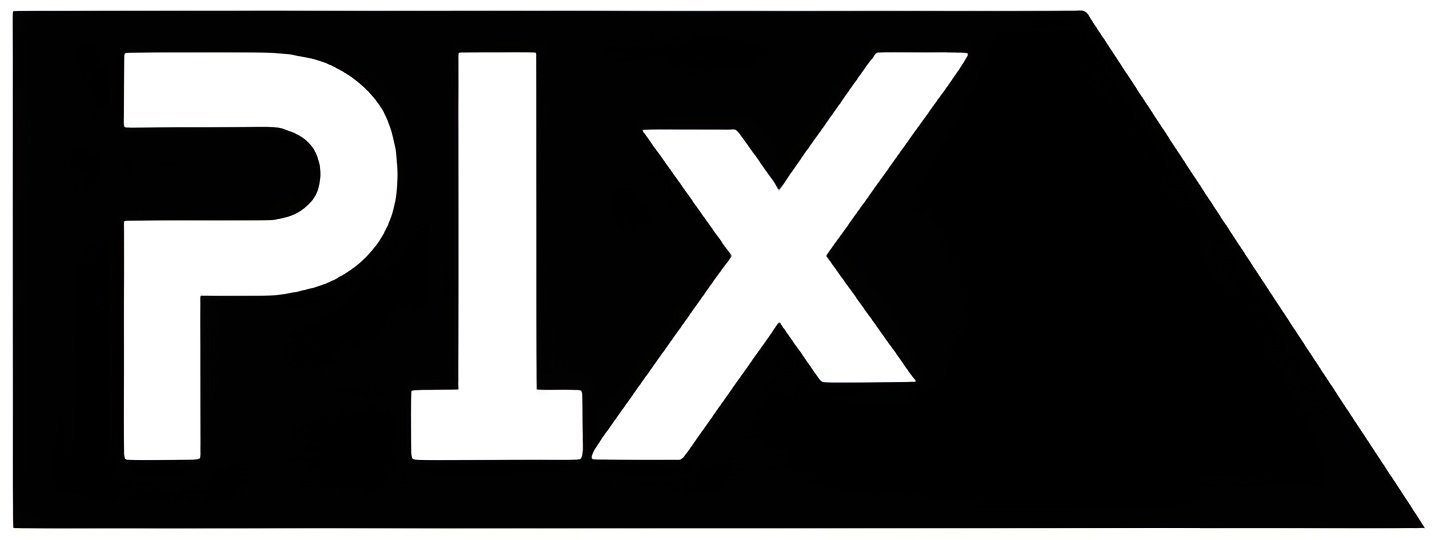As a purely creative instrument, Sora, the new AI video app from OpenAI, is a game changer. Dream up any scenario and it appears in an instant. Freddy Krueger as a contestant on Dancing With the Stars. Mr. Rogers teaching Tupac Shakur the lyrics to the legendary rap diss “Hit Em Up.”
But just as its innovations are remarkable, so is Sora’s potential for genuine harm.
That’s been true of generative AI for as long as the tech has existed. The capacity for abuse is inseparable from the miracle of what genAI can create. Sora simply extends the visual medium’s long history of “elaborate deceptions” into something stranger, more alive, and untrustworthy. (This angle has been the focus of almost every story written about the app so far, and for good reason.)
“Skepticism needs to be a disposition that serves as the default for many of us as we navigate these times,” says Marlon Twyman, a quantitative social scientist at USC Annenberg who specializes in social network analysis.
OpenAI CEO Sam Altman understands the risk. He has suggested that Sora could usher in a “Cambrian explosion” of creativity for art and entertainment, but that it may also contribute to “us all being sucked into a [reinforcement-learning-optimized] slop feed.”
More remarkable, though, are the questions Sora poses for the future of social media and what we ask of it.
Like Vine and TikTok before it, Sora is built to be addictive. Ten-second-long videos. Infinite scroll. Users can create a digital likeness of themselves and post content (called a “cameo”) by entering prompts; you are not allowed to upload photos or videos from your camera roll. The app’s popularity—it surpassed 1 million downloads in its first week—is ripe for this moment of decaying truths, where fact and reason have an increasingly diminished value. Unlike Vine and TikTok, however, Sora “feels like a clear artifact of the current stage of social media,” Twyman says. “It’s not about people anymore.”
That is a growing concern among developers who say there are now too many social networking apps that have a flawed understanding of social dynamics. Like Sora, they are “inherently antisocial and nihilistic,” says Rudy Fraser, the creator of Blacksky, the custom feed and moderation service for Black users on Bluesky. “They’ve given up on fostering real human connection and are looking to profit on supplying people with artificial connection and manufactured dopamine.”
Many will assume that Sora represents a new era of social media, but that’s wrong. All it does is reanimate our current one. It’s trying to hold on to something people have a diminishing use for. “We’re certainly beyond the hashtag, clout-chasing, and desire-for-virality era of social media,” Fraser says.



















































